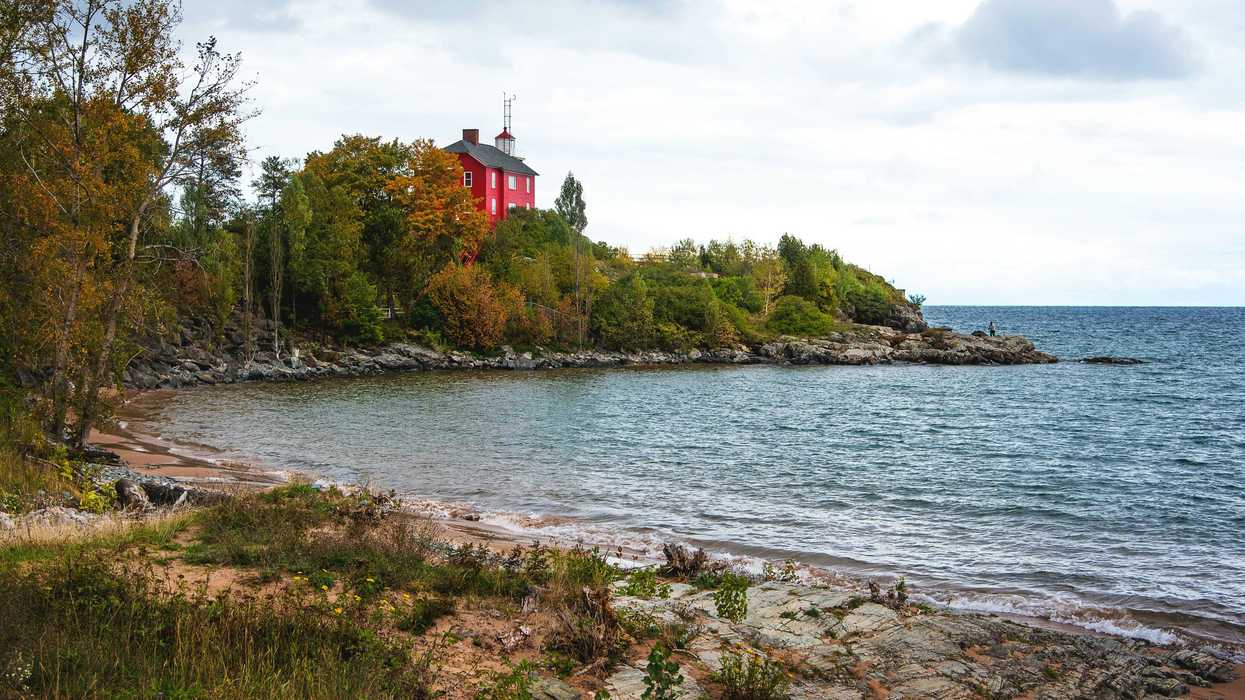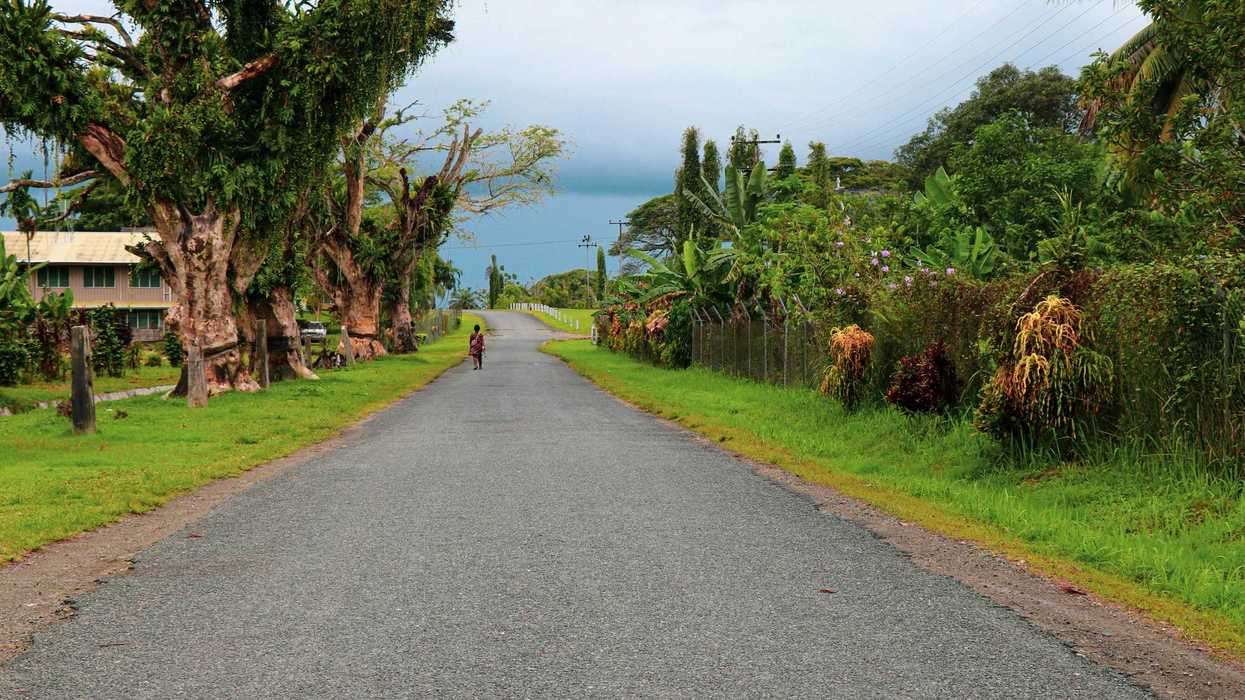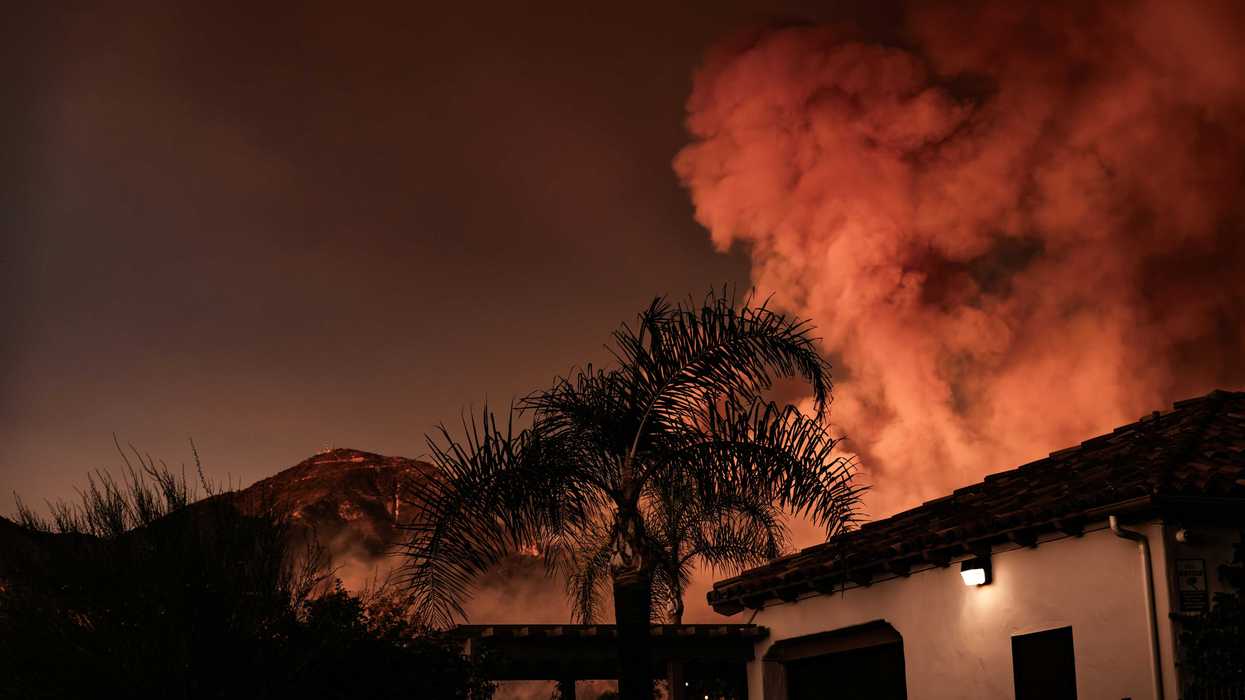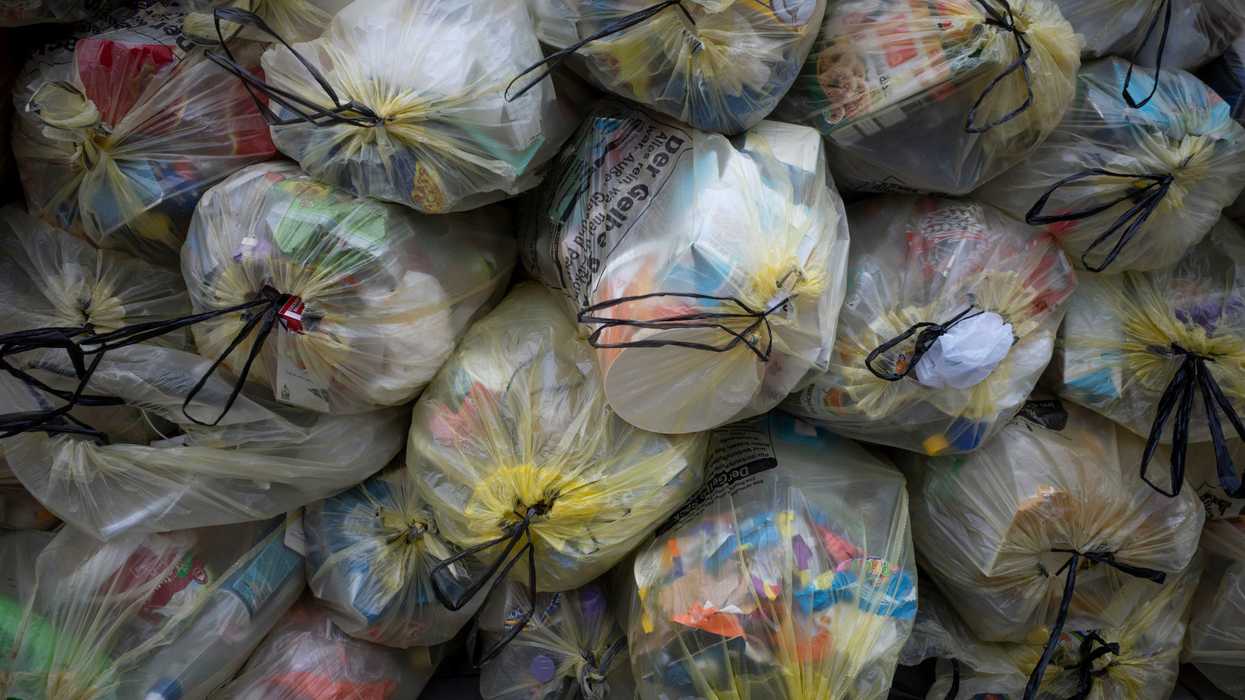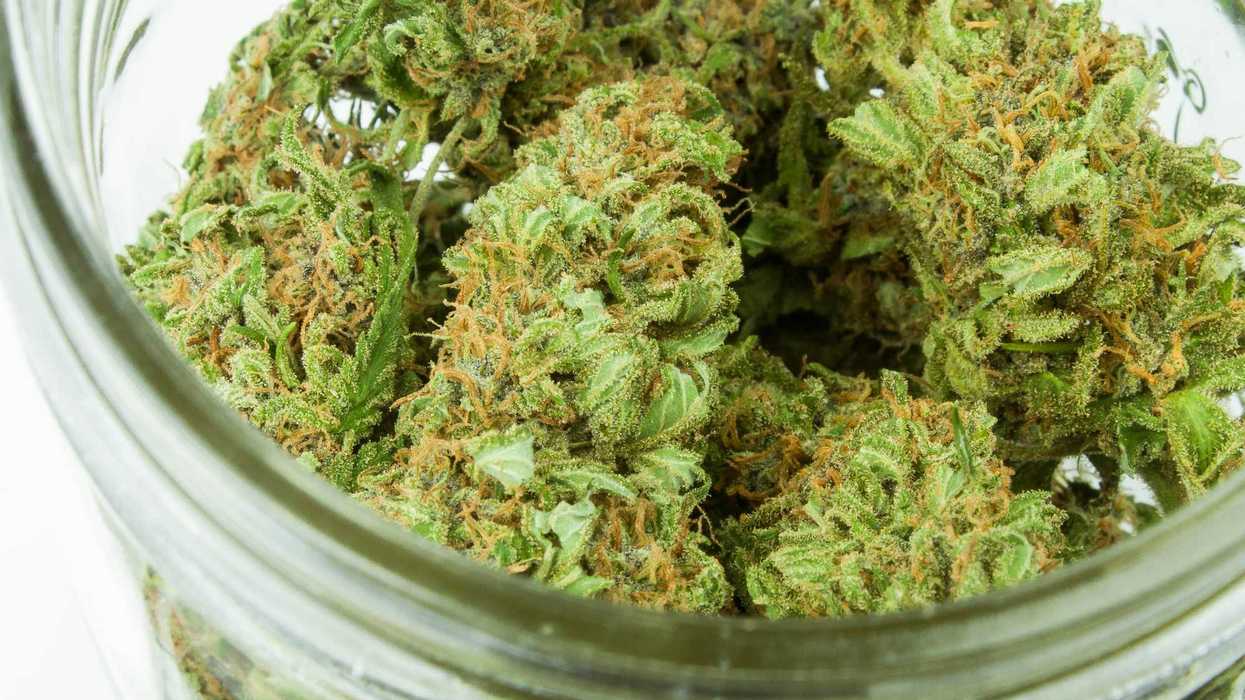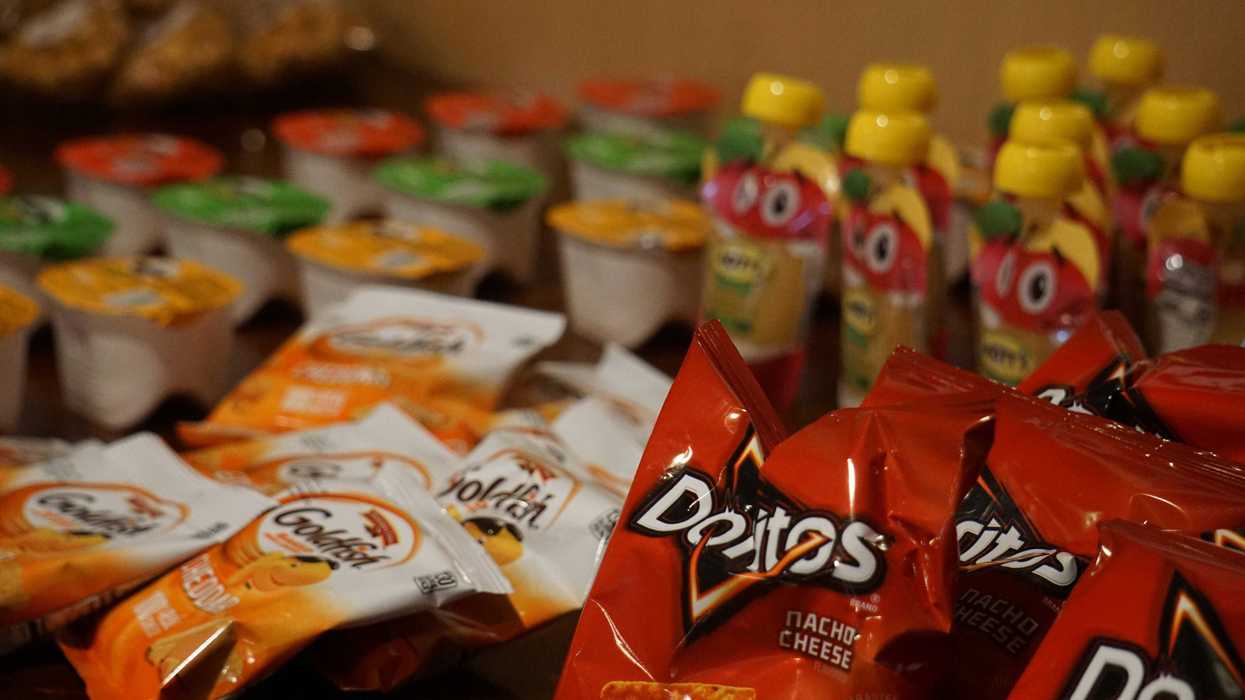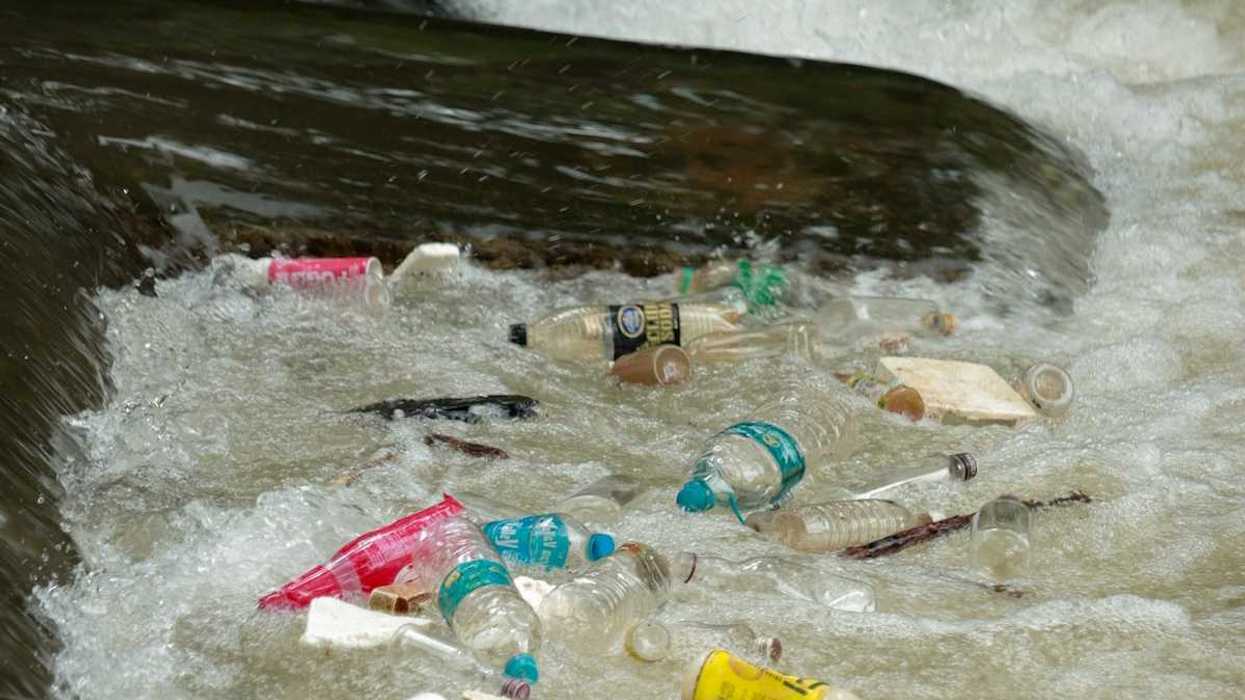The Trump administration has shut down a federal program that screened coal miners for black lung disease, citing budget cuts and restructuring, while also delaying enforcement of key dust exposure limits.
Maxine Joselow and Ricky Carioti report for The Washington Post.
In short:
- The National Institute for Occupational Safety and Health (NIOSH) fired most of its black lung screening program staff, halting free medical screenings that helped miners detect the deadly disease early and seek compensation.
- The Mine Safety and Health Administration (MSHA) postponed enforcing a Biden-era rule that halves permissible silica dust exposure in coal mines, a move that experts warn will lead to more lung disease.
- Advocates, miners, and clinics are pushing back through lawsuits and lobbying, arguing the cuts violate longstanding laws and risk more suffering in Appalachian coal communities.
Key quote:
“The entire program has gone through all of the stages of grief five times already.”
— Scott Laney, former NIOSH black lung screening researcher
Why this matters:
Black lung disease, once in decline, has resurged in recent years among miners in Central Appalachia. The resurgence is tied to thinner coal seams that force workers to cut through more silica-laced rock, releasing dust that scars and inflames lung tissue. The disease is irreversible and often fatal.
Federal screening programs, like the one dismantled by recent budget cuts, are one of the few tools miners have to catch the disease early. These programs also offer essential data to researchers tracking the epidemic. Without them, miners may be exposed longer, diagnosed later, and left to shoulder higher medical costs — or die younger. With many Appalachian communities still economically tethered to mining, the rollback of health and safety protections hits hard. It not only endangers lives but risks overwhelming rural healthcare systems already strained by poverty and underfunding.
Read more: Trump administration cuts mine safety research, laying off hundreds of NIOSH workers


